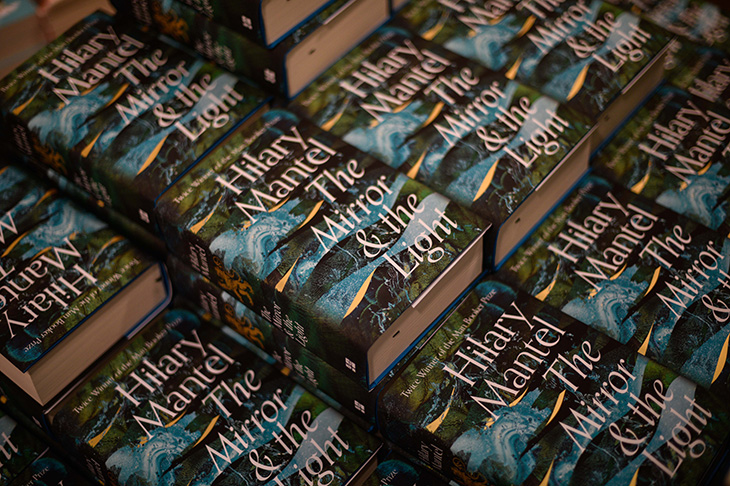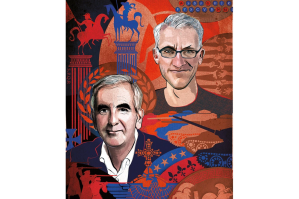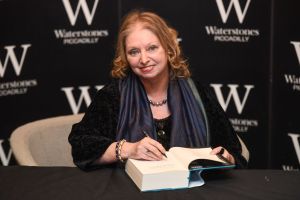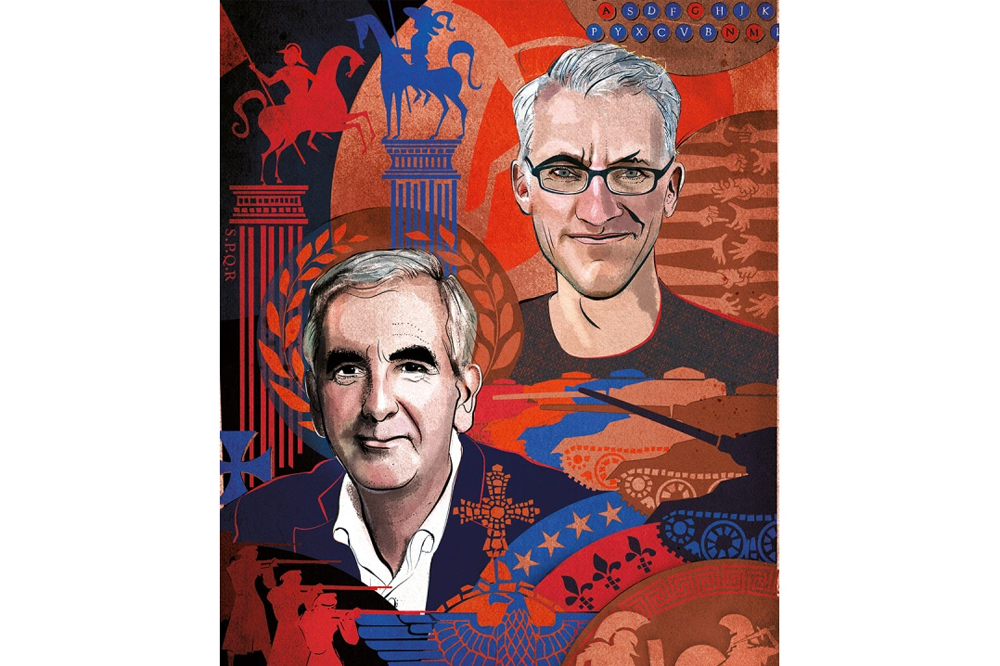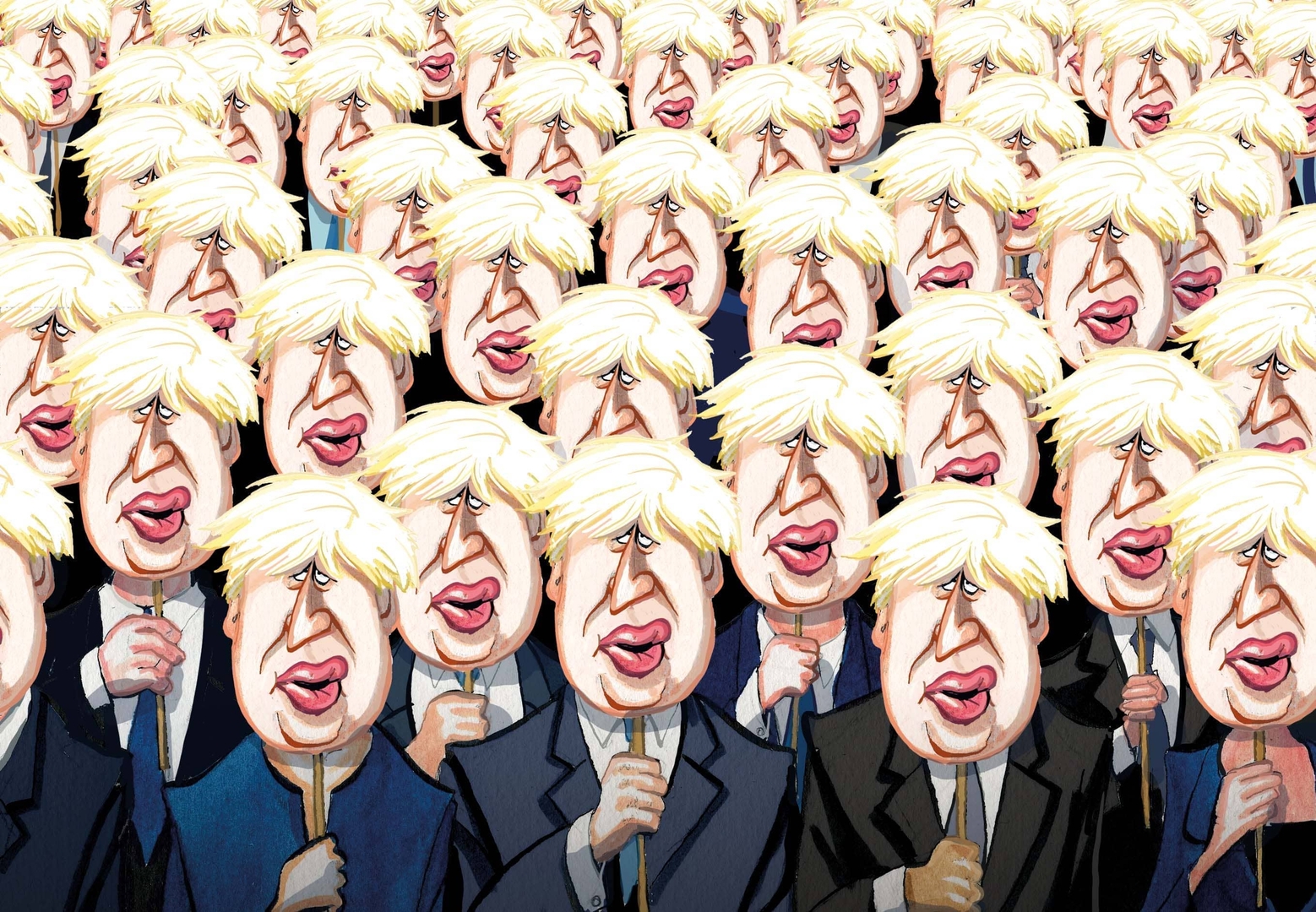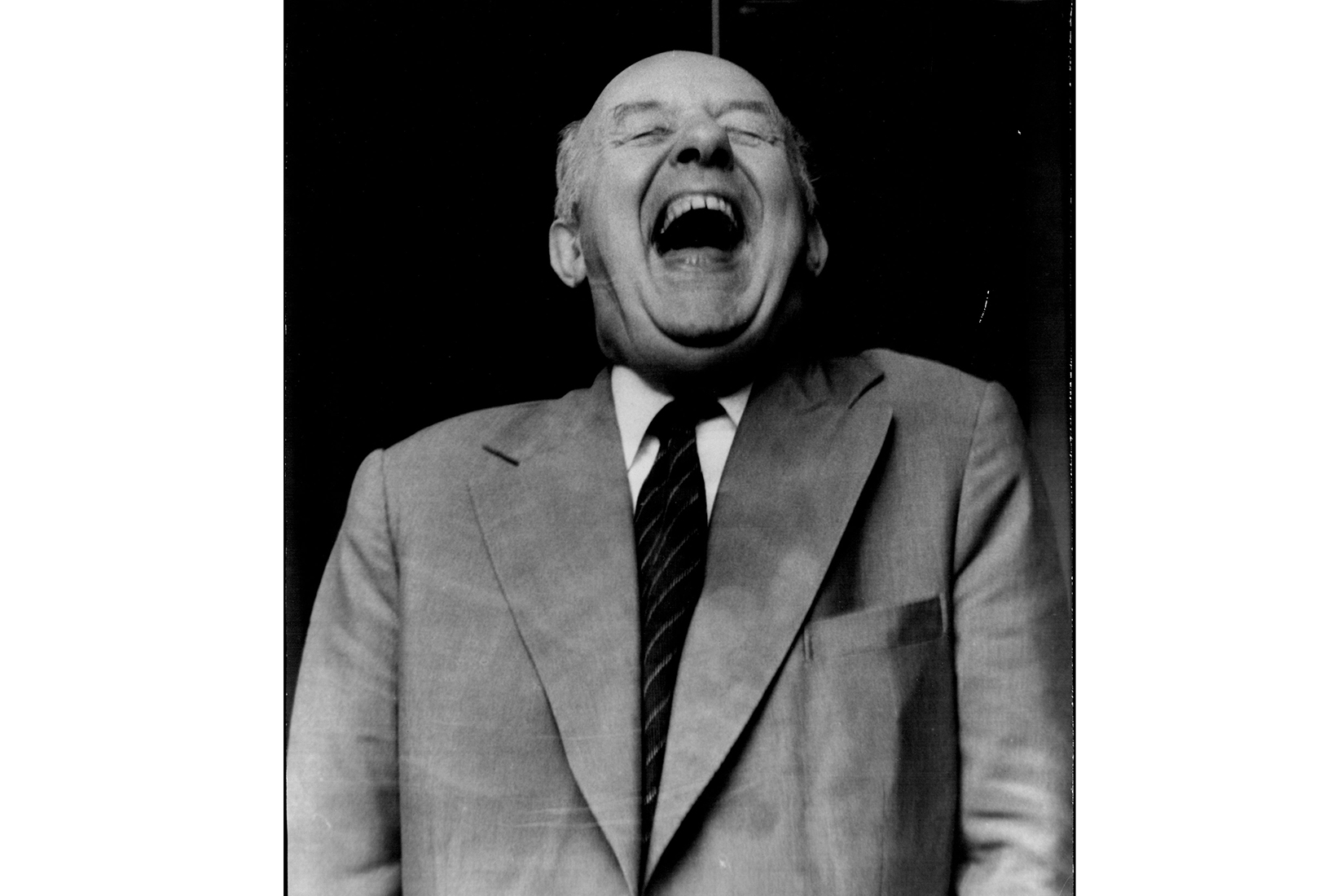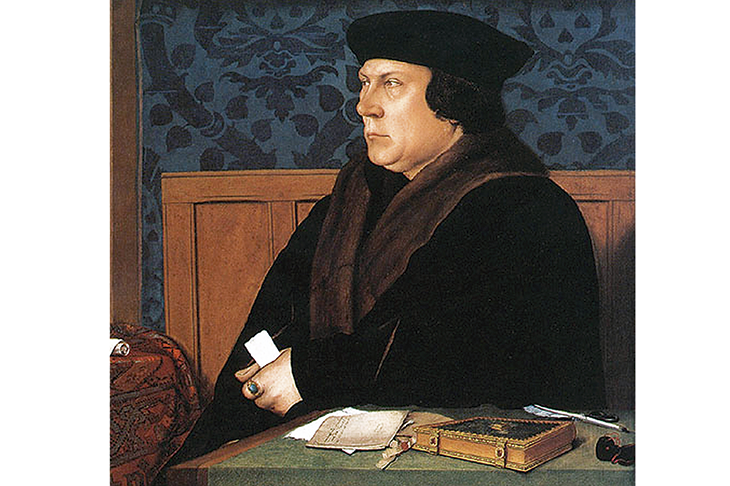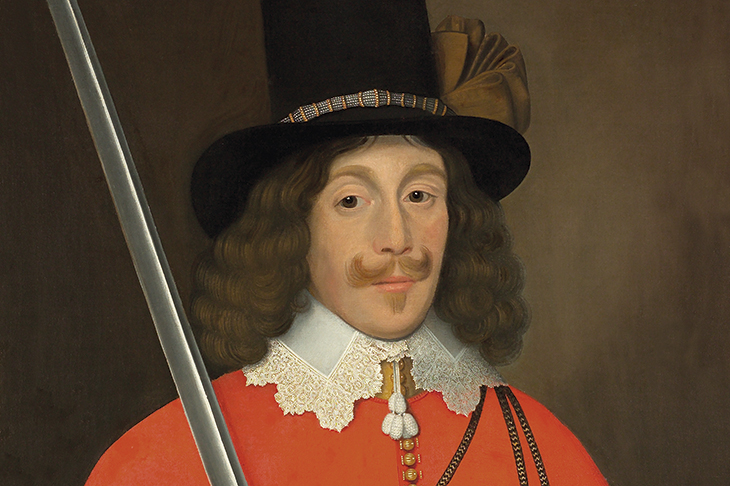It is dispiriting being an also-ran. Setting yourself up as a writer takes hubris. It is a wild and outrageous claim that you have something to say, in a voice worth being amplified. Then along comes Hilary Mantel, and you realize with deadening clarity — you have little to say, badly.
Earlier this month, The Mirror and the Light, the concluding part of Mantel’s Tudor trilogy, was published. You might have noticed? It is a titan. A book adored by critics which will be bought by actual readers. It sends ripples through social media. Have you read it yet? Have you got it? Have you seen the size of it? My writer friends, most of whom write historical fiction, are in a froth.
There is a particular kind of anguish when the book, which is the size of a small car, is finally in my hands. As a reader, I’m transported. It’s beautiful. The title page is lush. I linger on the dedication. I allow myself a small daydream where the dedication is to Antonia Senior, friend, confidante, fellow enthusiast. I read the first line. Please don’t let it be a disappointment: ‘Once the Queen’s head is severed, he walks away.’
It is perfect, and I am relieved. I don’t want this book to be a letdown. Perhaps I’m carried away, but historical fiction has been the reading soundtrack to my life. We love the books best which we loved as teenagers. My adolescence was shaped by the greats of historical fiction: Mary Renault, Jean Plaidy, C.S. Forester, Marguerite Yourcenar, Robert Graves, Patrick O’Brian.
When I started writing fiction there was no question what I would write: historical. I have published two books set during the English civil wars, and one set in 12th-century Scotland. I review historical fiction for the Times of London. I have been a judge three times for the Historical Writers Association’s awards for fiction. In a judging year, with the books I review for the Times, I read more than 100 works of historical fiction.
Hilary Mantel is the Queen. The lodestar. Even the title of her new book is devastatingly good. Why write historical fiction; why read it? Because of the mirror and the light. The past reflected by and to our vivid present; the writer’s beam, suffused with intelligence and compassion, searching backwards for our human frailties in a murky tangle of facts.
So my reader’s heart leaps into the pages of The Mirror and the Light, and is delighted. Thomas Cromwell — clever, guarded, funny, loyal — leaps from the page. He is more real to me than people made of flesh. One of the great skills of historical fiction is playing with hindsight. We know the King must die, or the ship will sink, or the war will come, but the characters do not. So Cromwell slips like an eel through the Tudor court, where the Queen that was has been replaced by the Queen that is now.
But the writer in me wrestles with the book. There is envy, I’m afraid. To write like this, in the best of all genres! There is some despair. What point is there for the rest of us? One of my writer friends tells me she will not read The Mirror and the Light until she has finished her current manuscript. ‘I know that once I start reading Mantel’s luminous prose I will most likely want to cast my own ramblings into a nearby furnace.’
Part of me is like a mechanic, peering under the bonnet to see how she does it. She shares with Patrick O’Brian and Mary Renault the trick of making fiction seem like reportage. It seems almost impossible that she was not there, sitting on Cromwell’s shoulder, watching and recording.
The mean-spirited writer in me can recognize that The Mirror and the Light has a flaw. It is too baggy in the middle. It is 875 pages long, chronicling Cromwell’s life in intimate, slow detail. The middle could be crunched, and the book would lose nothing and gain momentum. The reader in me loves Cromwell, and wants the long march towards the scaffold to be delayed, minutely observed in glorious prose.
There is both agony and ecstasy in seeing the artform which is your life’s work executed with perfection. Reading The Mirror and the Light made me think of the film Amadeus, and the misery of plodding, reasonably talented Salieri — recognizing genius, loving its product, hating one’s own deficiency. These are the trials of the also-rans. Hilary Mantel has made all of us who write historical fiction into Salieri.
Perhaps, the envious writer-me whispers, she’ll screw up the ending. After all, that is the hard bit. Making an end — one which we all know is coming — rich with pathos and honesty. But of course Mantel triumphs. The reader-me, relieved and awed, follows my beloved to the end of his story, and cries.
This article was originally published in
The Spectator’s UK magazine. Subscribe to the US edition here.



